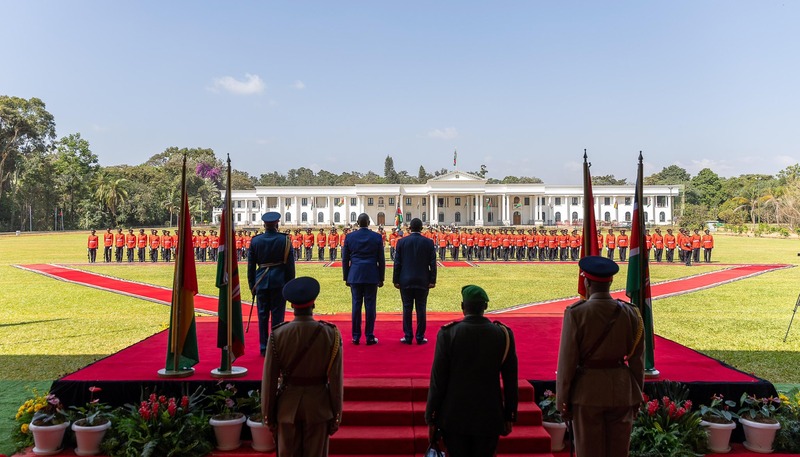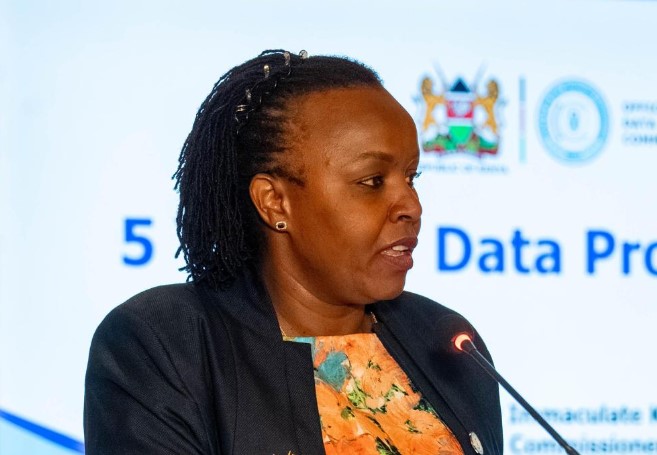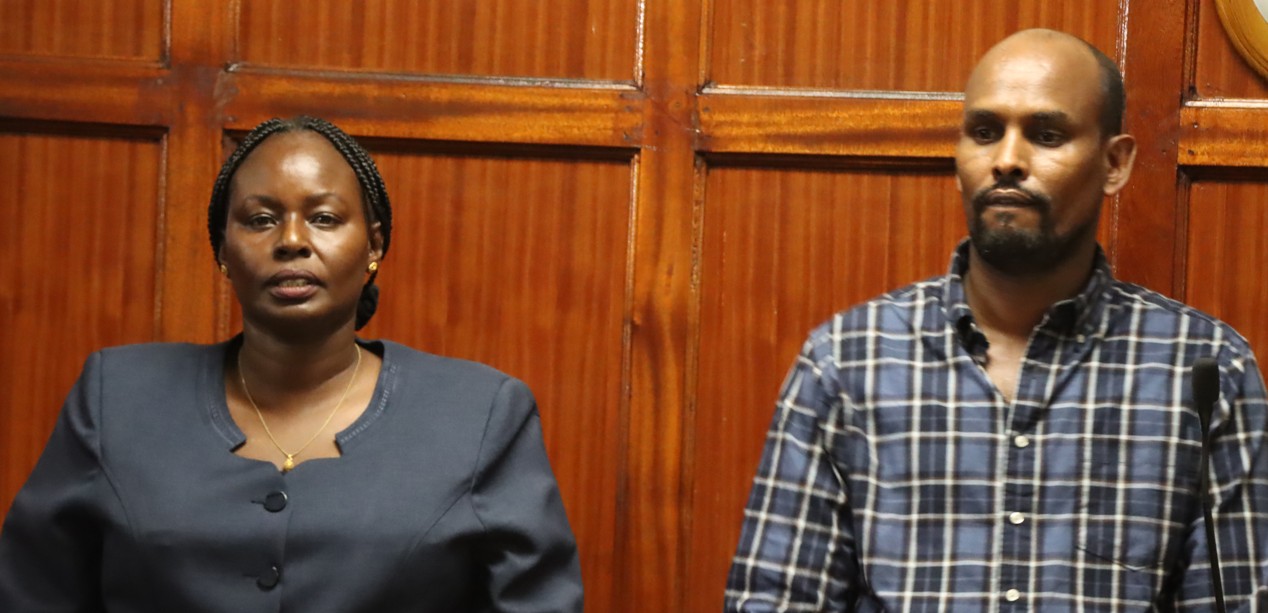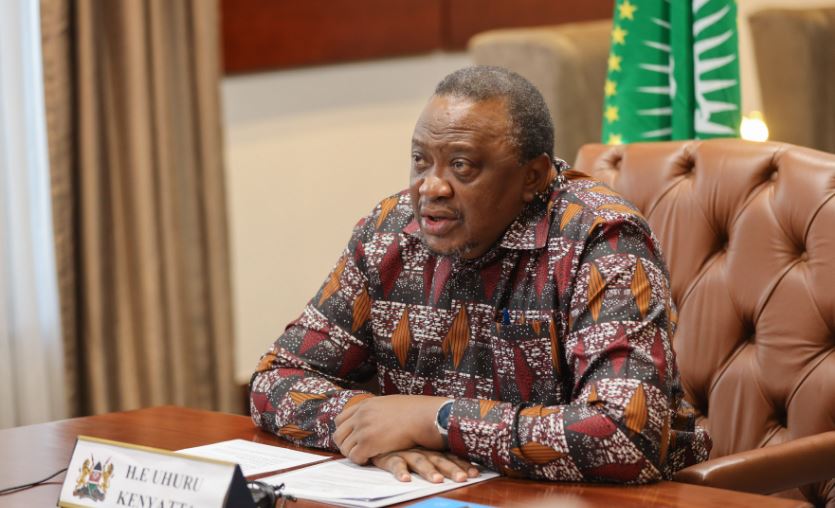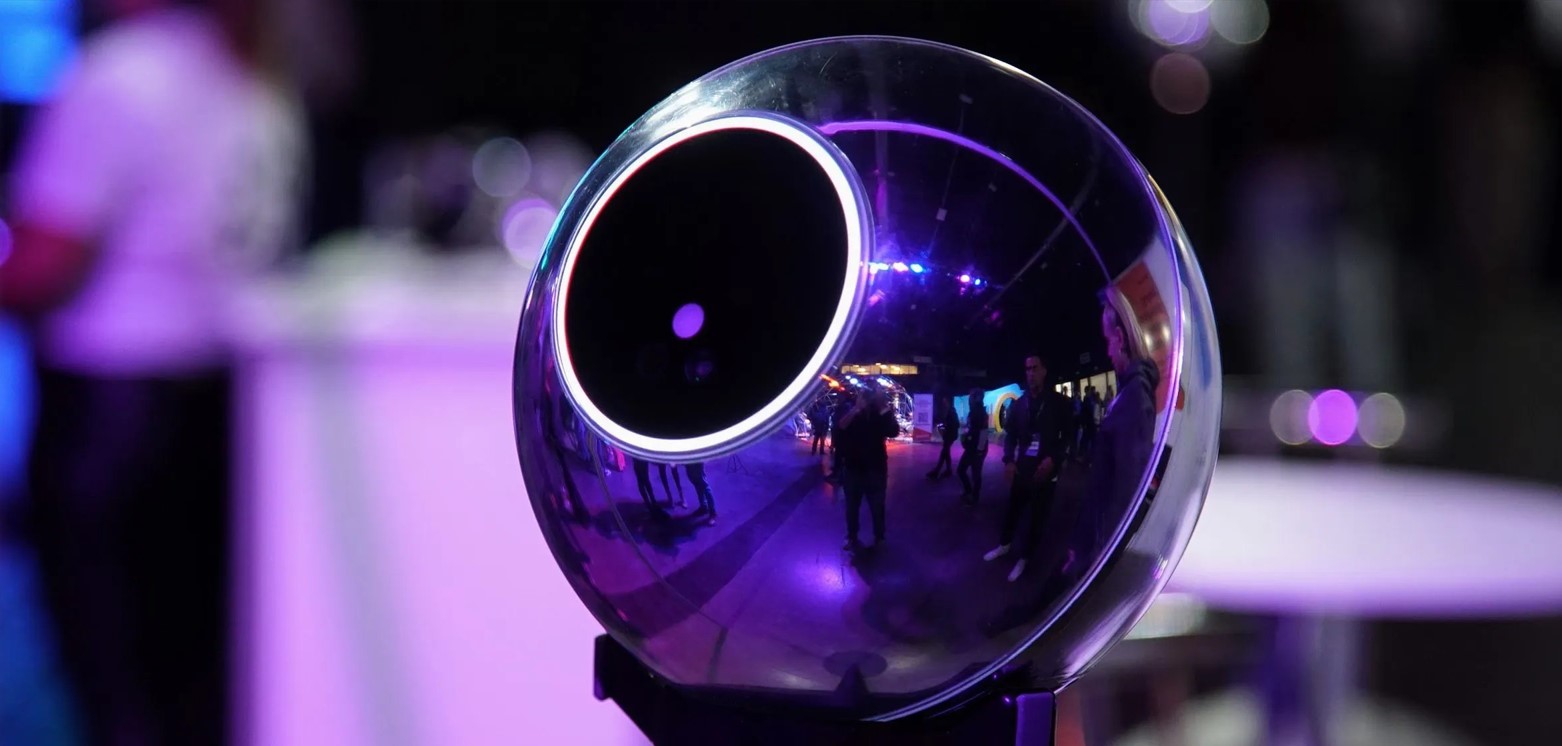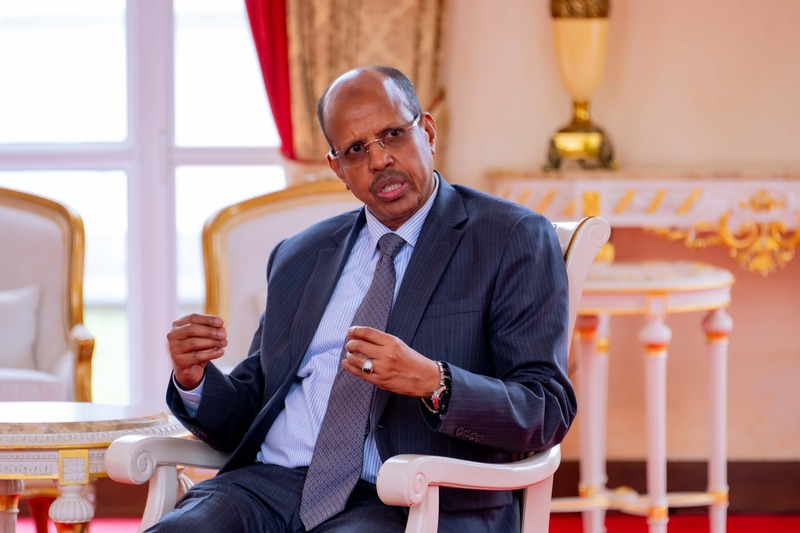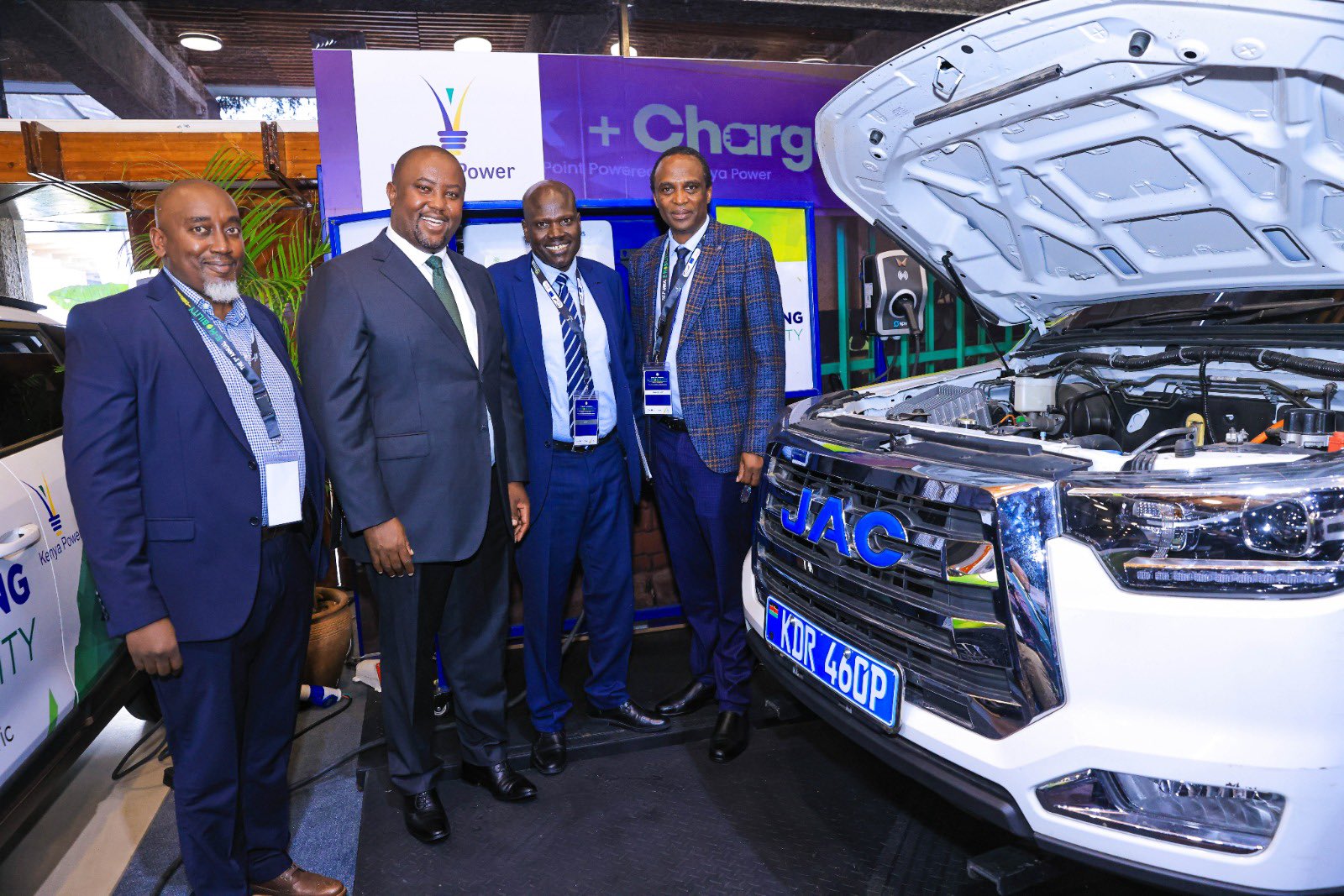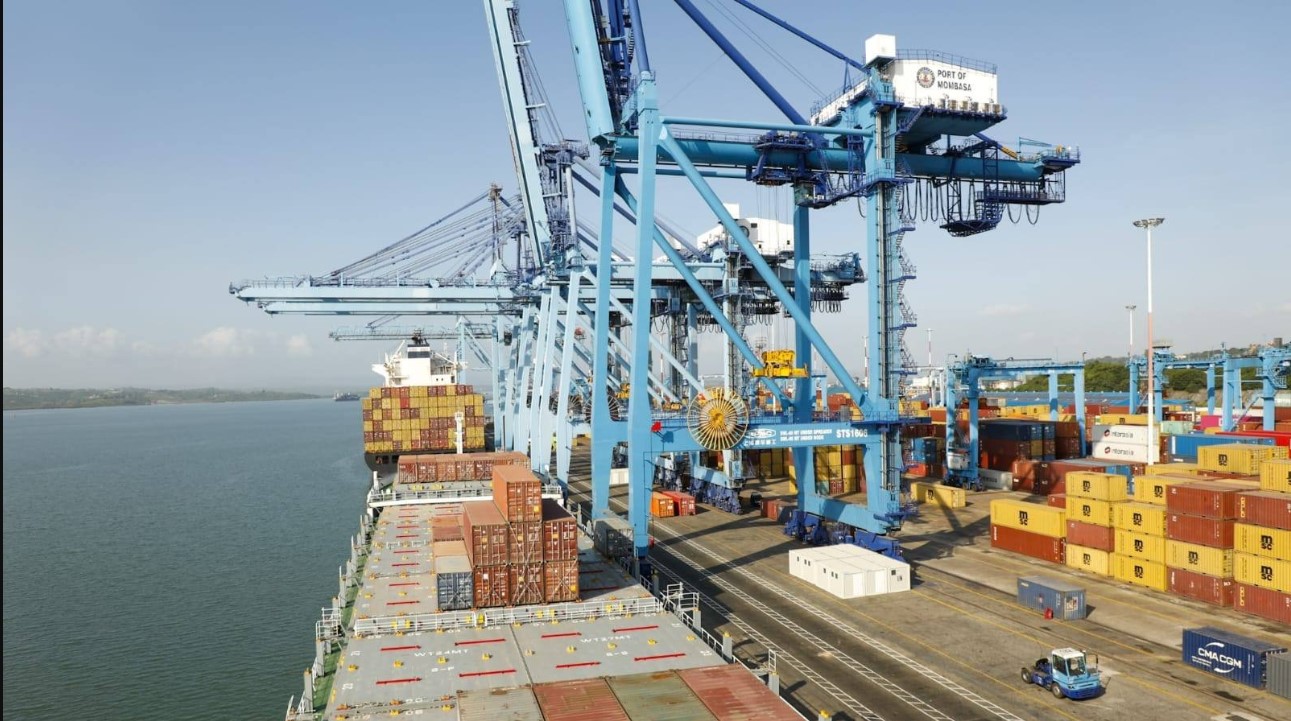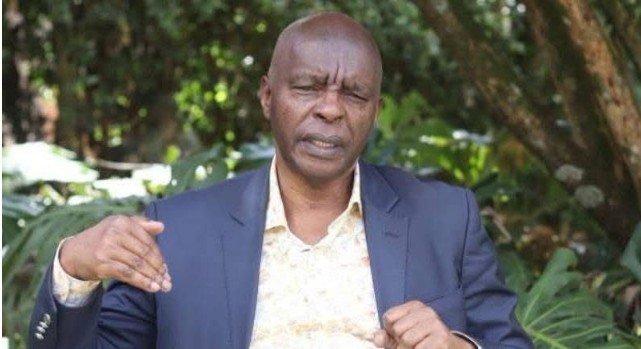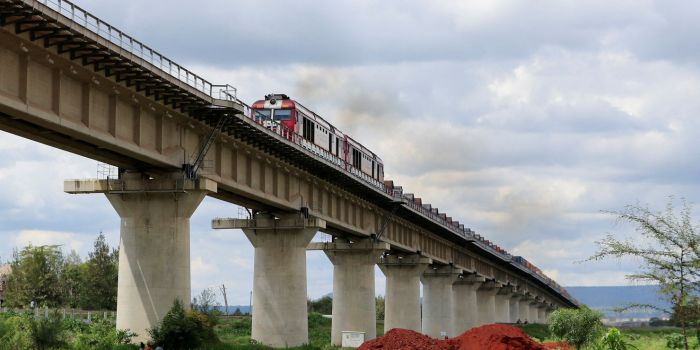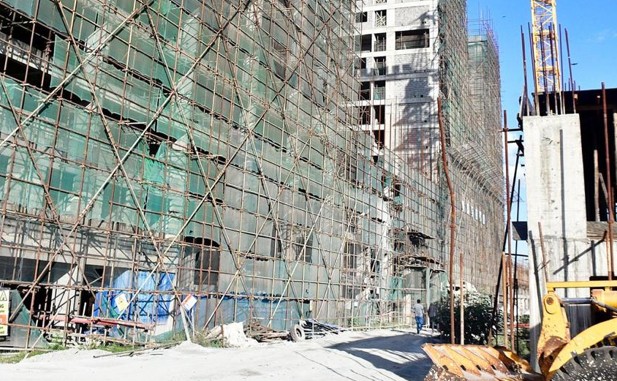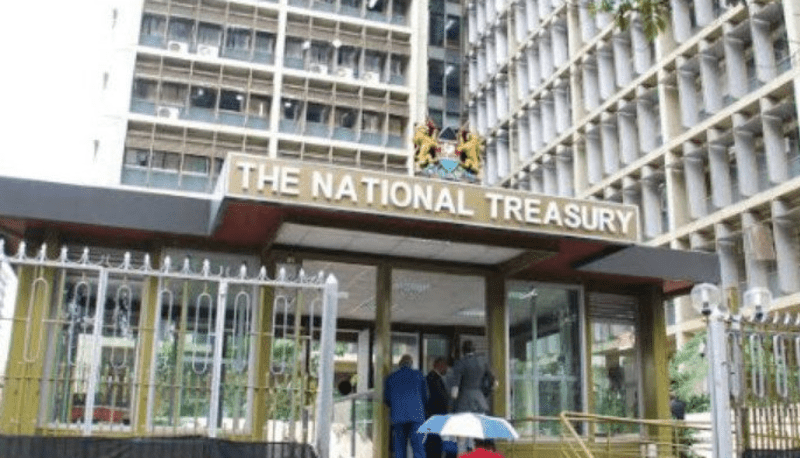I wasn't invited to elect Pope Francis' successor - Cardinal Njue
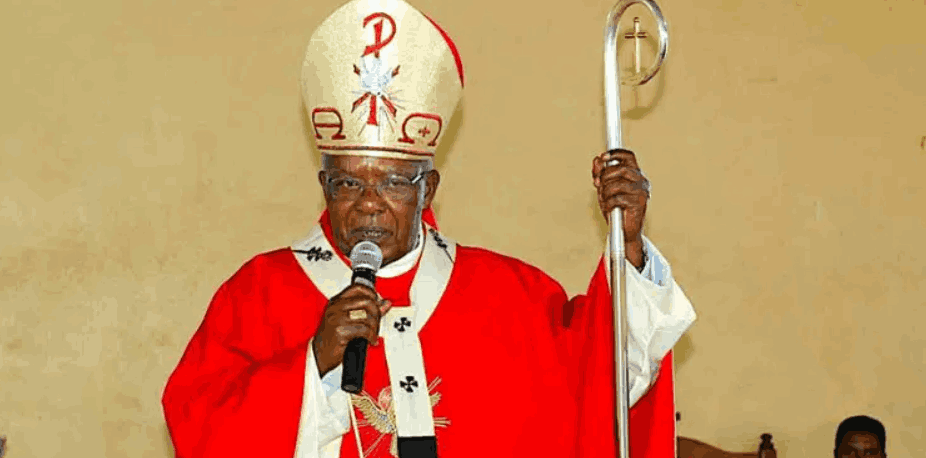
He stressed that his absence was not due to health issues but admitted that he was unsure why he had been left out.
Retired Cardinal John Njue has dismissed reports suggesting that he was overlooked for participation in the Vatican conclave, which will elect the next Supreme Pontiff following the death of Pope Francis, due to alleged health concerns.
Njue served as the Archbishop of Nairobi from October 6, 2007, until January 4, 2021, when he resigned from the pastoral governance of the Metropolitan Archdiocese.
More To Read
- Nairobi Archdiocese: Cardinal Njue was invited to papal conclave but won’t attend due to health
- Papal conclave: All cardinals who will elect new pope arrive in Rome
- Pope Francis's popemobile set to become health clinic for Gaza children
- Key facts about the Vatican conclave to elect next pope to succeed Francis
- Vatican announces May 7 conclave to elect new pope after Francis’ death
- Rome and the world bid farewell to Pope Francis with massive funeral, humble burial
His resignation was accepted by the late Pope Francis, who died of a stroke and heart failure on Easter Monday aged 88.
According to Njue, who was present in the conclave of March 2013 when the now-deceased pope was elected, those selected for the exercise typically receive formal invitations from the Vatican, which he did not receive.
"Those who go there for the election are usually sent official invites and that has not happened on my part. In an interview with The Nation, Njue stated that I have not received an invitation.
He stressed that his absence was not due to health issues but admitted that he was unsure why he had been left out.
"It is not because of health... I don't know...really...it's difficult to comment about it," Njue, Kenya's only surviving cardinal, said.
One hundred and thirty-three cardinals are scheduled to participate in the secret conclave beginning Wednesday, May 7. The conclave will be the first conclave to include 133 cardinal electors, exceeding the traditional limit of 120 by 13.
According to Vatican News, it was Pope Paul VI who first established the rule that the "maximum number of cardinal electors shall not exceed 120" in the Apostolic Constitution, Romano Pontifici Eligendo, on October 1, 1975.
"Prior to this, in the consistory of 1969, the College of Cardinals reached 134 electors. Despite Pope John Paul II confirming the rule limiting the number to 120, recent Popes have created more Cardinals, exceeding this number," reads the Vatican News website.
"This was the case on four occasions for the Polish Pope: in the Consistory of June 28, 1988 (160 Cardinals, of which 121 were electors and 39 non-electors); February 21, 1998 (165 Cardinals, of which 122 were electors and 43 non-electors); February 21, 2001 (183 Cardinals, of which 136 were electors and 47 non-electors); and October 21, 2003 (194 Cardinals, of which 134 were electors and 60 non-electors)."
The conclave will start behind the closed, wooden doors of the Sistine Chapel on Wednesday afternoon, with all cardinals aged under 80 entitled to take part in choosing Francis' successor.
Conclaves are often spread out over several days, with multiple votes held before a contender wins the necessary three-quarters majority to become pope.
While there are a few cardinals seen as potential front-runners to succeed Francis – two often mentioned are Italian Cardinal Pietro Parolin and Filipino Cardinal Luis Antonio Tagle – many of the voting clerics have not made up their minds.
Top Stories Today
Reader Comments
Trending
